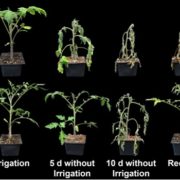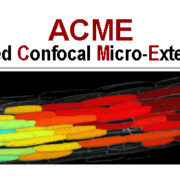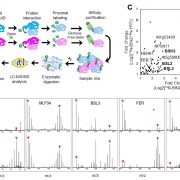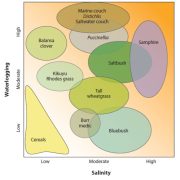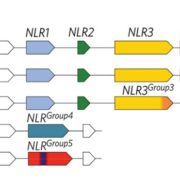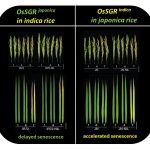Robotic Assay for Drought (RoAD): An automated phenotyping system for brassinosteroid and drought response (bioRxiv)
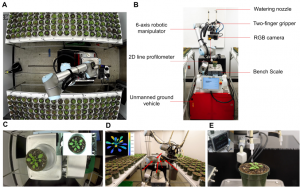
Developing drought tolerant plants is an important challenge in agriculture. Drought responses and plant growth are regulated by several signaling pathways, one of which is activated by brassinosteroids (BRs), a group of plant steroid hormones. In order to better understand the crosstalk between BR-mediated growth and drought responses, Xiang et al. developed the Robotic Assay for Drought (RoAD), a robotic phenotyping platform that obtains 2D and 3D images to measure morphological traits. The system is capable of watering and maintaining plants at different soil moisture conditions to quantify growth responses of different lines and treatments under different drought conditions. The system also incorporates an automatic image processing pipeline, supporting plant and leaf segmentation, and calculation of morphological and color features. Plants of Arabidopsis and maize treated with propiconazole (a BR biosynthesis inhibitor) showed more compact growth compared to the control, as did bril-301, a loss-of-function Arabidopsis BR mutant receptor. Furthermore, different Arabidopsis accessions showed different responses to propiconazole, providing new opportunities to explore the coordination between BR-mediated growth and stress responses. (Summary by Elisandra Pradella @Elisandra_MP) bioRxiv 10.1101/2020.06.01.128199


